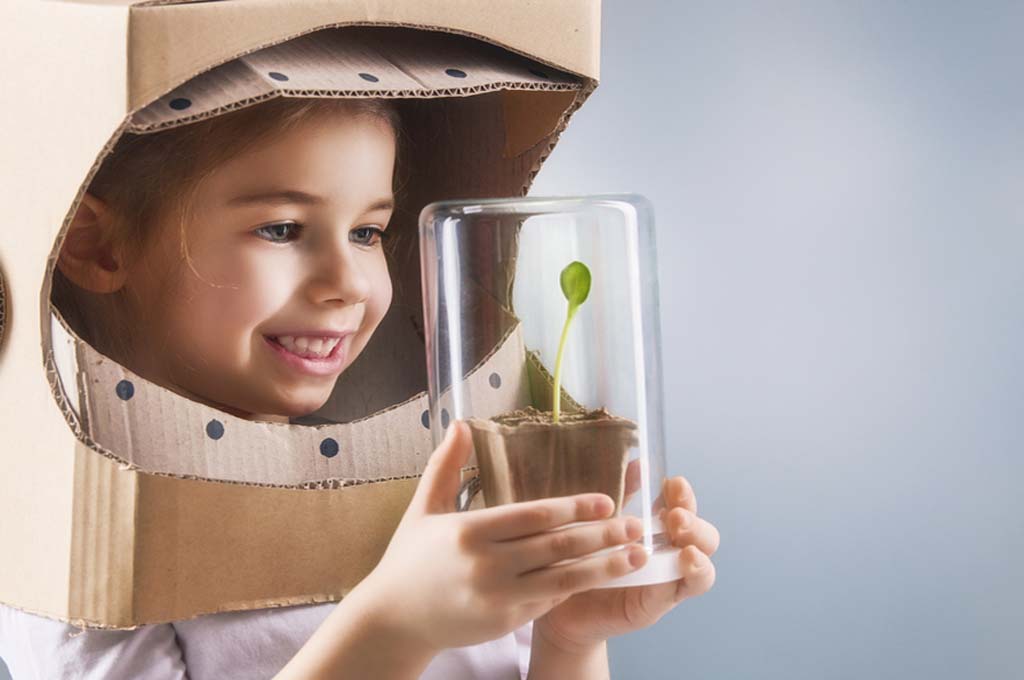There is a growing recognition and understanding of the power of early thinking and learning in children. Most educators and behavioural scientists also firmly believe that science may be a notable learning domain in preschoolers. Being exposed to and learning about various science concepts becomes the basis for future scientific understanding and helps to build crucial attitudes and skills for learning as well.
Research and practice indicate that young children have a greater potential to learn and absorb knowledge and concepts than previously thought. It’s why early childhood settings like preschool should provide more challenging and vibrant environments for learning. When guided by skillful and experienced teachers in these environments, children’s experiences in their early years can have a considerable impact on their learning later in life.
Science plays a key role in our lives, regardless of whether we actively focus on it or not. It isn’t just for high school students studying biology or college students taking chemistry. Preschoolers too have the competency to develop scientific thinking by understanding scientific concepts. Early science experiences are crucial to the educational growth and development of young children. Let’s take a look at and the role that science has to play in early childhood education.
Role of science in early childhood education
1. Building Strong Foundations
Teaching children science concepts and topics during preschool can help to build a solid foundation of a lifelong interest in these subjects. Also, these learning experiences can set children up for academic success by fostering a more positive and proactive attitude towards learning.
Various foundational science skills which preschool teachers impart to students can help improve their problem-solving skills, think critically, and better understand the world around them. The other crucial components of early science education include specific concepts such as learning about the weather, plants, and animals, etc. All this exposure and learning can help children later in life.
2. Developing Literacy
While children must look at the pictures in books and learn to read them during their preschool years, that isn’t the only activity that matters. There are many other aspects and teaching concepts that encourage literacy and language development. Any projects or lessons and learning sessions that rely on the use of written and verbal communication can prove to be an essential aspect of academic growth.
Different types of exciting and straightforward group science projects and experiments invite discussion. These discussions help to increase the use of positive language. Making observations and predictions and drawing conclusions allows very young children to verbalize and use their critical thinking skills. These become mental reasoning exercises that keep children thinking actively.
Some Important Aspects
In addition to various discussions in the classroom, the use of vocabulary through engaging science lessons plays a vital role in developing literacy in the early years. When preschool teachers use different scientific vocabulary words, including habitat, species, life-cycle, and microscope, etc. it helps the students build their language skills. The children can use these during their later schooling years and after that too.
The content of science for preschool children is a very sophisticated interplay of the nature of science, scientific reasoning, and concepts as well as doing science. It not just about the science of information. While it’s essential to learn the facts children need to start to build a stronger understanding of the basic concepts and how they apply & connect to the world around them.
We at Clovel Childcare and Early Learning Centres, provide a very nurturing environment for children to learn and grow. For any information about our services, give us a call at 02 9199 0294 or fill in this contact us form
Thanks for reading,
Clovel Childcare
1300 863 986












